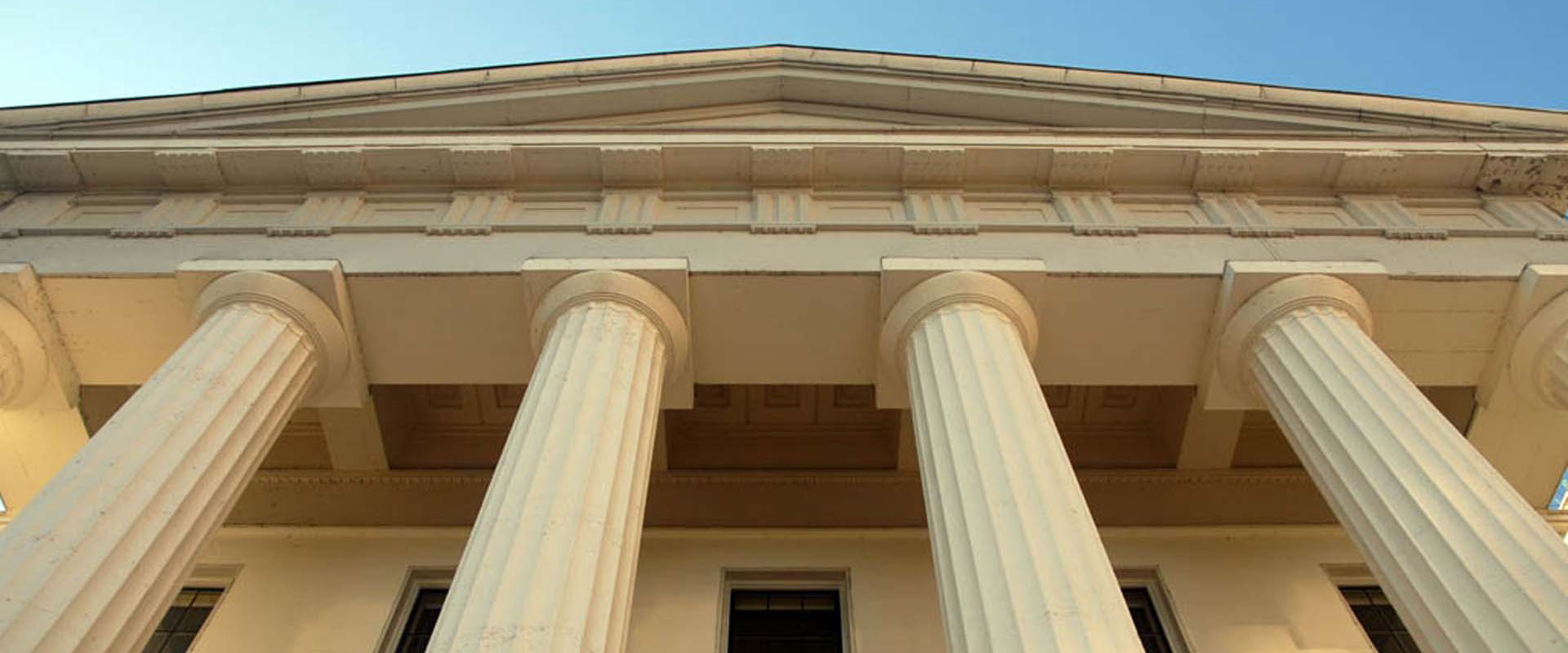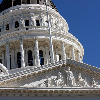Supreme Court To Decide Whether Local Agencies Can Recover Costs Associated With Redacting Video Footage Under The Public Records Act

February 2019
Number 8
Rarely are state and local government agencies permitted to charge for the labor that goes into responding to a California Public Records Act (CPRA) request. In National Lawyers Guild v. City of Hayward (2018) 27 Cal.App.5th 937, the First District Court of Appeal held that the City of Hayward was entitled to reimbursement of costs associated with necessary redactions of body camera footage to produce the non-exempt portions of footage requested under the CPRA. This case is now pending before the California Supreme Court, which will be deciding this case in light of the increased availability of law enforcement records under Senate Bill 1421. For more information on SB 1421, please see 2018 Client News Brief No. 60. The outcome of the Supreme Court's decision will likely establish significant rules regarding the accessibility of public records in video format.
Background
Historically, the bulk of the costs to comply with the CPRA are borne by the local agency. As technology advances and the ability to retain and access information advances with it, the cost of producing documents has increased in many cases. Under previous case law, public agencies were allowed to charge requestors for an extremely narrow subset of their direct costs. Under the Court of Appeal decision, the City of Hayward would have been able to recover "the City's actual expenditures to produce a copy of the police body camera video recordings." This rule would have represented a significant change in the scope of costs that can potentially be recovered. This rule is now on hold until the California Supreme Court decides the issue.
National Lawyers Guild v. City of Hayward
The National Lawyers Guild requested six hours of police body camera footage from a protest in the City of Hayward. In order to comply with the request, the City determined that it needed to purchase a special program to redact confidential sections of the footage, and asked the National Lawyers Guild to bear the cost of the software; this litigation ensued. In the end, the court required the National Lawyers Guild to pay for the costs associated with the redactions. The court explained that:
Interestingly, the court did not limit cost recovery to extracting exempt material but stated that allowable costs under Government Code section 6253.9, subdivision (b), include the "City's actual expenditures to produce a copy of the police body camera video recordings" along with the ability to recover costs for extracting exempt material. If the Court of Appeal decision is allowed to stand, the court's reasoning could theoretically be expanded to support the recovery of costs whenever an electronic record must be altered to comply with a request.
Takeaways
The decision by the Court of Appeal highlights the importance of informing requesting parties that they may be responsible for the costs associated with video footage, and to work out the terms of payment for such work before the redactions are made.
Pending the outcome of the California Supreme Court's decision, agencies impacted by costly requests for electronic records in need of redaction should consult with legal counsel to evaluate potential cost recovery.
We will issue an update once this case is ultimately decided. If you have any questions about the National Lawyers Guild decision or the California Public Records Act in general, please contact the authors of this Client News Brief or an attorney at one of our eight offices located statewide. You can also visit our website, follow us on Facebook or Twitter or download our Client News Brief App.
Number 8
Rarely are state and local government agencies permitted to charge for the labor that goes into responding to a California Public Records Act (CPRA) request. In National Lawyers Guild v. City of Hayward (2018) 27 Cal.App.5th 937, the First District Court of Appeal held that the City of Hayward was entitled to reimbursement of costs associated with necessary redactions of body camera footage to produce the non-exempt portions of footage requested under the CPRA. This case is now pending before the California Supreme Court, which will be deciding this case in light of the increased availability of law enforcement records under Senate Bill 1421. For more information on SB 1421, please see 2018 Client News Brief No. 60. The outcome of the Supreme Court's decision will likely establish significant rules regarding the accessibility of public records in video format.
Background
Historically, the bulk of the costs to comply with the CPRA are borne by the local agency. As technology advances and the ability to retain and access information advances with it, the cost of producing documents has increased in many cases. Under previous case law, public agencies were allowed to charge requestors for an extremely narrow subset of their direct costs. Under the Court of Appeal decision, the City of Hayward would have been able to recover "the City's actual expenditures to produce a copy of the police body camera video recordings." This rule would have represented a significant change in the scope of costs that can potentially be recovered. This rule is now on hold until the California Supreme Court decides the issue.
National Lawyers Guild v. City of Hayward
The National Lawyers Guild requested six hours of police body camera footage from a protest in the City of Hayward. In order to comply with the request, the City determined that it needed to purchase a special program to redact confidential sections of the footage, and asked the National Lawyers Guild to bear the cost of the software; this litigation ensued. In the end, the court required the National Lawyers Guild to pay for the costs associated with the redactions. The court explained that:
"For electronic records… the statute allows an agency to recover specified ancillary costs in either of two cases: (1) when it must "produce a copy of an electronic record" between "regularly scheduled intervals" of production, or (2) when compliance with the request for an electronic record 'would require data compilation, extraction, or programming to produce the record.' (§ 6253.9, subd. (b)(1), (2); see 88 Ops.Cal.Atty.Gen., supra, at p. 164.) Under those circumstances, the agency may charge the cost to construct a record, and the cost of programming and computer services necessary to produce a copy of the record. (§ 6253.9, subd. (b).)"In reviewing the legislative history of the statute, the Court of Appeal reasoned that when an agency "must incur costs to acquire and utilize special computer programming…to extract exempt material from otherwise disclosable electronic public records" the public agency could be reimbursed. The court recognized that lawmakers made a special exemption for processing electronic records because the efforts needed to redact electronic records would greatly exceed those associated with paper records.
Interestingly, the court did not limit cost recovery to extracting exempt material but stated that allowable costs under Government Code section 6253.9, subdivision (b), include the "City's actual expenditures to produce a copy of the police body camera video recordings" along with the ability to recover costs for extracting exempt material. If the Court of Appeal decision is allowed to stand, the court's reasoning could theoretically be expanded to support the recovery of costs whenever an electronic record must be altered to comply with a request.
Takeaways
The decision by the Court of Appeal highlights the importance of informing requesting parties that they may be responsible for the costs associated with video footage, and to work out the terms of payment for such work before the redactions are made.
Pending the outcome of the California Supreme Court's decision, agencies impacted by costly requests for electronic records in need of redaction should consult with legal counsel to evaluate potential cost recovery.
We will issue an update once this case is ultimately decided. If you have any questions about the National Lawyers Guild decision or the California Public Records Act in general, please contact the authors of this Client News Brief or an attorney at one of our eight offices located statewide. You can also visit our website, follow us on Facebook or Twitter or download our Client News Brief App.
As the information contained herein is necessarily general, its application to a particular set of facts and circumstances may vary. For this reason, this News Brief does not constitute legal advice. We recommend that you consult with your counsel prior to acting on the information contained herein.




